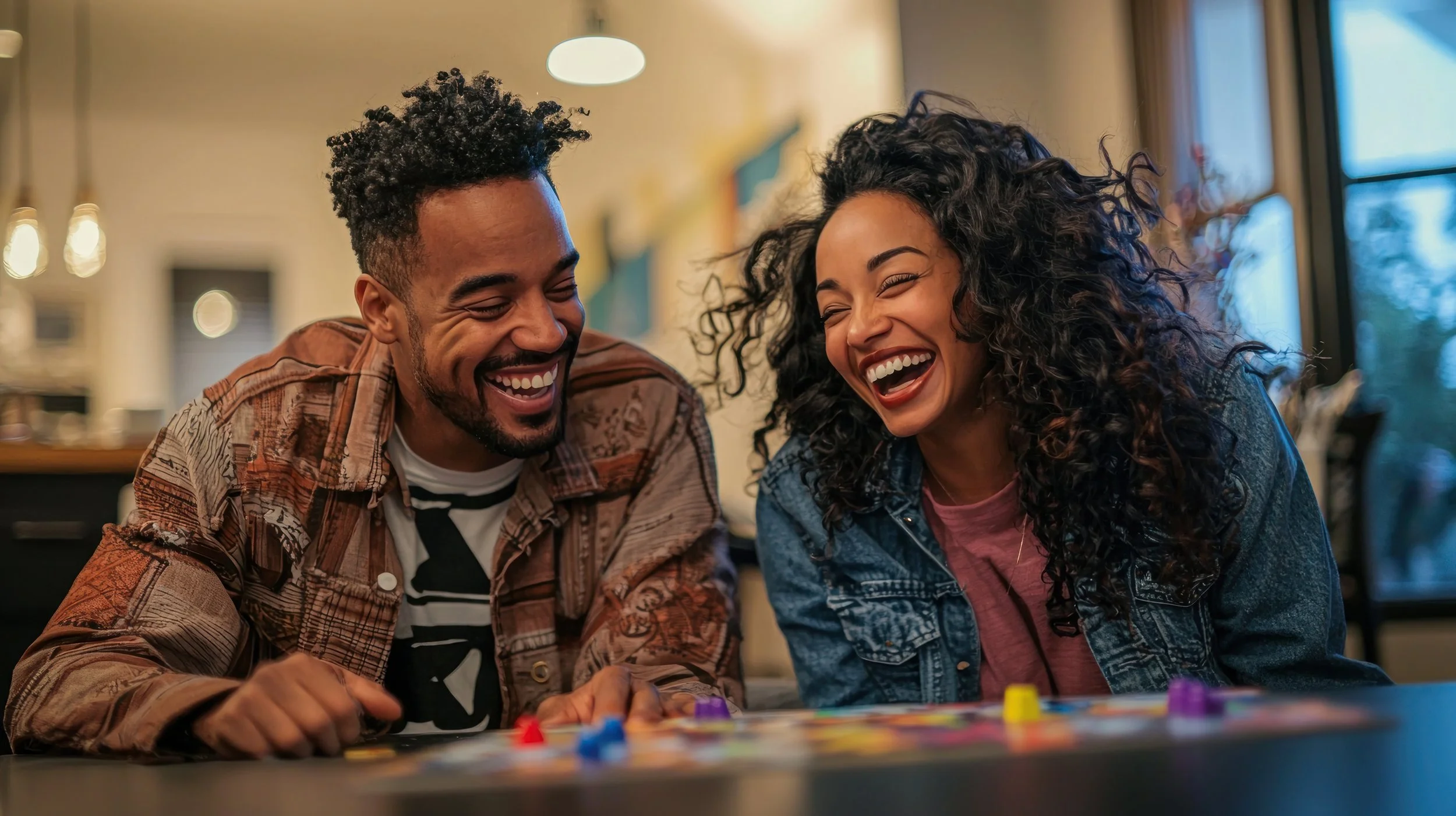
When Life Hits Hard: How Critical Incident Stress Debriefing Can Help
Life is complex enough, but there are moments when it suddenly becomes even more overwhelming. These moments are what we call a crisis. A crisis often feels traumatic, and in an instant, our lives are altered forever. It could be a terrorist attack, a violent crime, a natural disaster, or another event that strikes deeply.
Life is complex enough, but there are moments when it suddenly becomes even more overwhelming. These moments are what we call a crisis. A crisis often feels traumatic, and in an instant, our lives are altered forever. It could be a terrorist attack, a violent crime, a natural disaster, or another event that strikes deeply.
When a crisis happens in a shared space—like a workplace, school, sporting event, or office—it becomes a collective tragedy. For example, when staff at a factory witnessed a coworker injured in a violent industrial accident, the impact rippled through the entire team. Recognizing the need to support their employees, the management reached out to a trained professional to conduct a Critical Incident Stress Debriefing (CISD).
What is a CISD?
As a mental health professional, I facilitate CISDs to help individuals and groups process traumatic events. During a CISD, we discuss what happened, what we are feeling, and how we can begin to heal. The first step is creating a safe, confidential space where participants can openly share their experiences and start to explore the question: “Where do we go from here?”
CISDs are flexible—they can occur immediately after a crisis, a week later, or even years after the event. While a CISD is not psychotherapy, it serves as an opportunity for emotional repair and education, helping participants understand that their reactions are normal. Human beings are not built to handle crises effortlessly, so it’s expected that our emotional and physical responses may feel intense or confusing.
What Happens During a CISD
Sharing Thoughts and Feelings: Participants describe what they experienced and how they are feeling now. This helps normalize their reactions and fosters connection.
Educational Component: We discuss common stress reactions and coping strategies, helping participants understand their responses to trauma.
Questions and Discussion: Participants ask questions, often uncovering insights that strengthen the healing process.
Referrals for Further Support: If needed, participants are connected with mental health professionals for additional care.
A CISD is a starting point for healing, giving people a structured environment to process life when it has thrown its hardest punches. It reminds us that while we cannot always control what happens, we can take meaningful steps toward understanding, connection, and recovery.
Finding Safety & Growth with Kaylee Yates, MA, LMFT
Meet Kaylee Yates—a therapist whose empathy meets expertise, offering a healing space where both struggle and joy are honored. As Kaylee warmly puts it, “if you are going to do surgery in therapy, make sure to dip the scalpel in the anesthetic of love.” That grounding philosophy—creating a sanctuary of safety before confronting pain—is woven through everything she does.
Meet Kaylee Yates—a therapist whose empathy meets expertise, offering a healing space where both struggle and joy are honored. As Kaylee warmly puts it, “if you are going to do surgery in therapy, make sure to dip the scalpel in the anesthetic of love.” That grounding philosophy—creating a sanctuary of safety before confronting pain—is woven through everything she does.
A Person-Centered
Foundation
At the core of Kaylee’s work is person-centered therapy: a space where your unique story matters, and healing is guided together, not prescribed. She believes that everyone carries their own journey—she listens, learns, and walks alongside.
Expertise in Depression & Anxiety
Kaylee supports individuals, couples, and families in navigating depression and anxiety, helping clients rediscover clarity and resilience. Whether you're sitting across from her in person (hopefully with a cup of coffee in hand!) or joining via telehealth (where her cats might make surprise appearances), the connection is always warm and steady.
Healing Attachment and Relationship Wounds
While not always named outright, Kaylee’s specialties—couples, premarital, family, and young adults—hint at her deep understanding of attachment dynamics and relationship healing. Whether it's strengthening bonds or unpacking betrayal or insecurity, her relational focus supports restoring trust and connection.
Walking Through Trauma & Betrayal
Kaylee offers a compassionate presence for those grappling with trauma, grief, or betrayal. Though she doesn't emphasize specific trauma modalities, her overall approach—grounded in safety, narrative, and empathy—lends itself powerfully to processing deep wounds and restoring belonging.
Untangling People-Pleasing & Self-Destructive Patterns
Many who enter therapy find themselves trapped in self-sabotaging or people-pleasing habits. Kaylee meets where you are—honoring the pain behind the pattern, inviting curiosity without judgment, and helping you claim boundaries, assert needs, and nurture self-compassion.
Why Kaylee’s Approach Truly Matters
Safety First: A space where vulnerability is held, not judged
Your Story Centered: Therapy tailored to your history, not a one-size-fits-all script
Holistic Support: Whether through grief, trauma, relationships, or stress—a person-centered view always applies
Warm & Accessible: In-person (with coffee!), telehealth (with cat cameos!)—human connection is never compromised
Deep Relational Insight: Skilled at navigating attachment challenges, betrayal, and restoration of trust
In Her Own Words
Kaylee’s commitment shines through when she says:
“Therapy is not always easy… I may not be able to promise that the road to healing is easy, but I can promise to walk through this valley with you.”
That promise—of presence, partnership, and compassion—is at the heart of what makes her approach so profoundly supportive.
Ready to Begin?
If you're seeking healing from anxiety, depression, trauma, attachment wounds, betrayal, or the burdens of pleasing others—Kaylee Yates offers a therapy space where your story is seen, your heart is held, and your growth is guided—with love.
Interested in booking a session or exploring whether she’s the right fit? Reach out via our contact form to learn more about availability, telehealth or in-person options, and how to take the first step forward.
Board Games? Bowling?: What are you doing to connect?
“I4, “No.”C2,” “No.” “D9”
I sighed.
“You got it. You found my PT boat.”
For those not in the know, the PT boat is the smallest vessel in the classic strategy board game of Battleship. My wife and I play battleship frequently. Long before I became a counselor, I enjoyed ritual times with my wife that John and Julie Gottmann discuss.
“I4, “No.”C2,” “No.” “D9”
I sighed.
“You got it. You found my PT boat.”
For those not in the know, the PT boat is the smallest vessel in the classic strategy board game of Battleship. My wife and I play battleship frequently. Long before I became a counselor, I enjoyed ritual times with my wife that John and Julie Gottmann discuss. Alongside Battleship, we have also enjoyed bowling. When we connect with each other in ritualized connection times we bid for affection. When we connect, we keep the relationship healthy. When we are having fun with our spouse or partner, we are creating happy memories of enjoyable activities we can look well upon ahead of time.
The connection ritual extends to beyond just couples though. It can mean a family. One of my favorite quotes is the following: “the greatest present is presence.” Spending time together, gathered around a board game, gathered around something other than electronic devices or social media can mean so much, even when it is not initially expressed by those gathered. You are writing good history with your family when you take these actions. Throughout my life, I have been a student of history. When I hear tales of lost opportunities for connection, I quickly see a history that needs to be changed if it is still within the present time. If it is the past, then we must double back and find ways to salvage the future. If you find yourself watching others having fun and you are not with your spouse/partner or family, it isn’t too late to change. You don’t need a New Year’s Eve to consider a resolution. Any day of the year: 365 days is an opportunity to be chosen. Eisenhower said it best in a speech, I’ll paraphrase him: we can greet the day with the handle of opportunity or the handle of anxiety. Perhaps its time to open the doors of tomorrow with the handle of opportunity?
Interested in learning more skills for connecting with your partner? Give our office a call at 309-713-1485. We can help!




